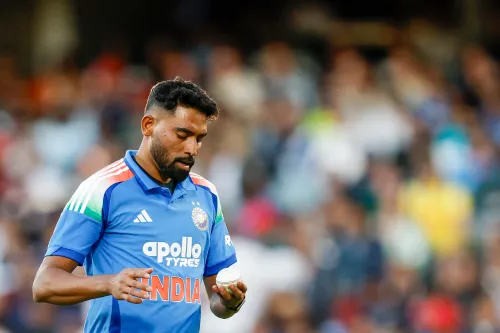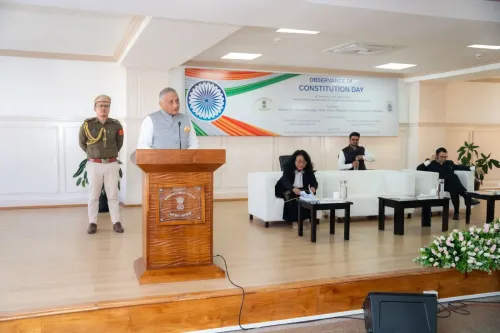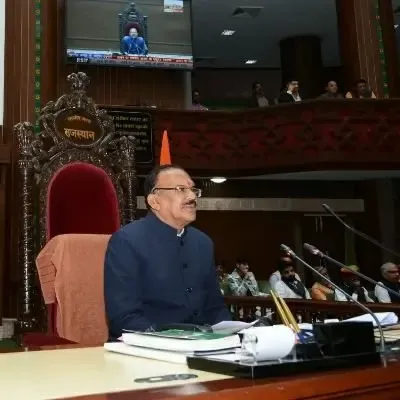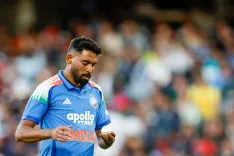How Does Our Constitution Unite India's Diversity? CM Yogi Explains
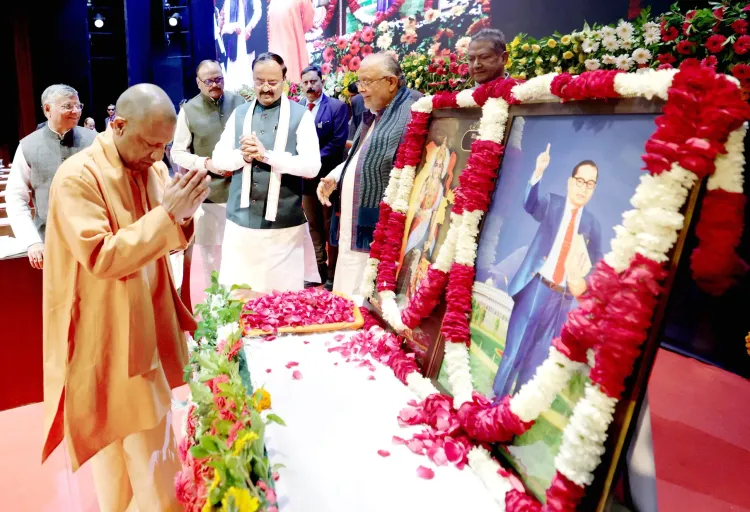
Synopsis
Key Takeaways
- Constitution Day is commemorated annually to honor the Constitution's adoption.
- The Constitution is recognized as the largest in the world.
- It plays a crucial role in uniting India's diverse cultures.
- Emphasis on the balance between rights and duties for citizens.
- Historical significance of freedom fighters in shaping the Constitution.
Lucknow, Nov 26 (NationPress) On Wednesday, Uttar Pradesh’s Chief Minister Yogi Adityanath highlighted that under the inspiration of Prime Minister Narendra Modi, the nation has commemorated Constitution Day on November 26 each year since 2015. He emphasized, “Our Constitution is the world’s largest and unites India’s diversity.”
The Chief Minister acknowledged the invaluable contributions of freedom fighters and scholars, attributing the status of the world's largest constitution to their efforts, while referencing Dr. Ambedkar's belief that the Constitution is a cornerstone for national unity.
Earlier, Yogi Adityanath paid floral tributes to the portraits of Bharat Mata and Dr. Ambedkar, followed by a screening of a short film. He also honored winners of competitions organized for the occasion.
Reflecting on PM Modi’s address in 2015, he remarked on how the essence of freedom diminishes as society forgets the sacrifices made during the freedom struggle.
“People often focus solely on rights. Rights can only be upheld when individuals embrace their responsibilities. Without duty, rights cannot exist,” he stated.
CM Yogi Adityanath reiterated that India has always revered the Constitution as the supreme law since its inception.
“Our symbols and freedom fighters have been honored, and we strive to instill the core values that shaped our Constitution. A nation that advances while honoring these principles cannot be stopped,” he declared.
He mentioned that during the 'Azadi Ka Amrit Mahotsav,' PM Modi outlined a vision for a 'developed India' and encouraged citizens to pledge to the 'Panch Pran' (five vows) to foster a self-reliant nation. The CM stressed the importance of shedding a mindset of slavery and honoring the armed forces and police.
“When an individual makes a mistake, the entire system should not be condemned. They should be given a chance to rectify their actions,” he warned against exacerbating social divides for personal advantage.
He emphasized that unity, integrity, and respect for heritage, including India’s spiritual and cultural legacies, should be a collective endeavor.
Disrespecting the Constitution, he asserted, would belittle Babasaheb Ambedkar, freedom fighters, martyrs, and the underprivileged who achieved democratic rights through it.
He noted that while many modern democracies granted voting rights to women much later, India established universal adult suffrage from its very first general election.
He pointed out that the Constitution’s provisions for reservations for Scheduled Castes and Scheduled Tribes were groundbreaking steps towards social equality and inclusion.
“New India has swiftly progressed to fortify these constitutional values – from honoring our heritage to abolishing the slavery mindset and advocating for unity and equality,” he stated.
Referring to November 26, 1949, when the drafting committee introduced the original Constitution to the Constituent Assembly, he remarked that every Indian should possess a copy of the Constitution and recite the Preamble in every household.
Yogi Adityanath also referenced illustrations from the Constitution – such as Lord Rama's return to Ayodhya in the Pushpak Vimana, Lord Krishna delivering the Gita, and portraits of Mahatma Buddha and Emperor Ashoka – which symbolize India’s rich civilizational heritage.

